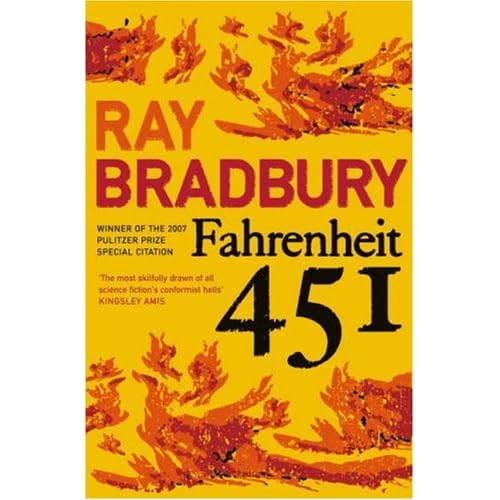Last night, Mrs Falaise and I settled down in front of the TV to watch the first episode of the CBS remake of Hawaii Five-O which is now being shown in the UK
The tune brings back a very vivid memory from my childhood. When I was six, we were living in Yorkshire . My father had just got a new job which required us to move down to the Home Counties and he had started the job before finding a house for us to move into. This meant that he had to stay down south during the week, making the long drive back up the M1 on a Friday evening to spend the weekend with us. As I hadn’t seen him all week, I would be allowed to stay up late to wait for him to arrive and when he did finally get home, there would always be a box of Airfix plastic soldiers for me as a present. Before he arrived, however, I had to have my bath and be ready for bed and, each week, as I was soaking away, the strident tones of the Hawaii Five-O theme tune would drift up the stairs from the TV downstairs where my mother would be waiting for Dad to arrive.
For some reason, that image has stuck with me for thirty-five years and still comes back clearly whenever I hear that music. It’s the same with certain foods, pictures and songs. Some of them, and not necessarily the ones I like best, have become inextricably bound up with personal memories and experiences. And, it’s also the same with books. There are some which conjure up times of my life whenever I read them or even references to them. They aren’t necessarily good books or books I would want to re-read but they are important to me and will probably become even more so as I continue to age and begin to lose my marbles. I’d like to share these with you in a series of occasional posts.
The first of these special books is Animal Farm by George Orwell. I suppose I must have been about nine or ten, maybe eleven but no older than that. I was certainly still at an age where Christmas Eve was a trial specifically created to torment me. A good sleeper as a rule, it was the one night where I was guaranteed to have insomnia, where the light on the landing outside my bedroom would shine more brightly and where my bedclothes would be less comfortable than usual. Finally I drifted off to sleep. Only a few hours later, I woke again. I can still feel the odd sensation of the hot radiator next to my bed and the contrasting cold draught from the window. I know I shouldn’t have but I couldn’t help looking at my stocking which lay at the foot of my bed and which had filled up with presents during the short time I had been asleep. The house was dark and silent.
I couldn’t wait and started to open the presents inside. Fortunately, one of the first things to come out of the stocking was a torch, followed by a couple of now-forgotten items before my hand fell on the unmistakeable shape of a book. I ripped the wrapping paper off it. On the black front cover was a photograph of a large, pink pig and the title – Animal Farm.
Putting the rest of the stocking to one side, I opened the book and started to read, thinking I would just “do a few pages”. Several hours later, totally enthralled, I had finished the whole thing in one clandestine, under the covers reading.
Now, I don’t claim to have been some kind of politically aware prodigy. I didn’t understand that it was a detailed allegory of the Russian Revolution and the Stalinist state. I didn’t realise that Old Major, Snowball and Napoleon were modelled on Lenin, Trotsky and Stalin respectively or that Boxer represented the proletariat. I had no idea of Orwell's disillusionment with Stalin and Soviet Russia. My father would explain all that to me later. To me, it was simply a gripping story. But I was aware of the hypocrisy of the pigs and how they had manipulated and exploited the rest of the animals through lies and propaganda. I was upset at the treatment of Boxer and felt a chill of horror at the final scenes in the farm house (please note – desperately trying to avoid spoilers here).
I kept that paperback with me all the way through boarding school and university, increasingly tatty and covered in ink stains. It’s gone now, lost at some point. I still love Animal Farm and will read it again, at which point I will review it fully here but I will never forget the first time I read it……….or the strange looks I got the next day from my parents and grandparents when I spent most of Christmas Day yawning and being distinctly uninterested in proceedings.






